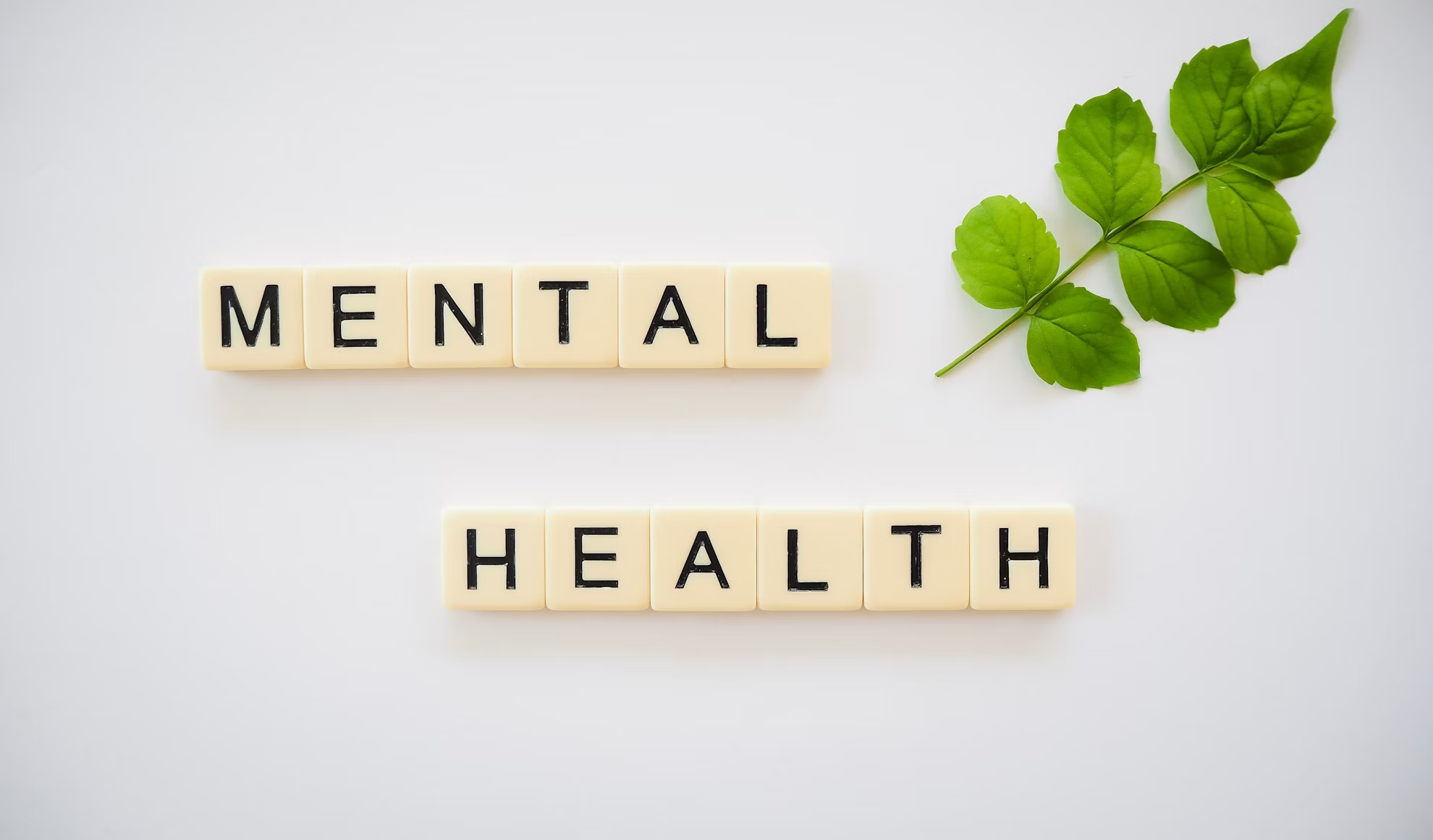Research | Social phobia amid COVID-19 pandemic? You're not alone
Dec 07, 2023
A recent Peking University study examines the lingering social anxiety among Chinese college students in the context of the COVID-19 pandemic, PKU News journalist reports.
Peking University, December 6, 2023: The trend of increased social phobia in the modern era, especially among the youth, has become a topic that researchers have been pursuing and tackling in the long term. Simultaneously, almost three years after the outbreak of COVID-19, the world is only now beginning to understand and analyze the profound impact this pandemic has had on the world. Linking these two phenomena, the COVID-19 pandemic and prevention measures, due to their necessitated severity, provide an outlet to explore and illuminate potential social phobia susceptibility factors among college-age students as well as to begin to quantify the impact on social phobia of extreme social isolation situations.
Recently, an interdepartmental research group from the Peking University (PKU) School of Public Health, spearheaded by leading co-contributors Lin Hai and Yang Ziming, both from the Department of Epidemiology and Biostatistics, PKU, published a paper in the renowned scientific journal Nature, regarding this exact issue.
Why it matters:
Social phobia is a debilitating condition that refers to excessive fear of social situations, attracting attention, new situations, and unfamiliar objects. Social phobia is particularly prevalent in adolescents and young adults and may continue into adulthood. Research into this phenomenon provides valuable insight into overall social phobia vulnerability factors in the college-student age group.
- As this demographic is already susceptible to increased social phobia due to academic, family, social, job hunting, and other pressures as compared to the overall population, by determining key weak spots, we can better determine at-risk groups and individuals to target and provide preventative measures, early intervention, and appropriate care.
- Mental health is a significant issue the world is facing, and, as shown by other case studies, the psychological impacts of social phobia and global pandemics are long-term. Therefore, published research, such as this study conducted by Peking University, is essential in spreading awareness, destigmatizing social phobia and mental health, and promoting increased avenues for assistance.
Key findings:
Firstly, this study isolated potential risk and protective factors for susceptibility to social phobia, as illustrated through the COVID-19 prevention measure case.
- Characteristics that indicated a higher proneness to increased social phobia included 1) lower GPA, 2) higher frequency of bullying experience, 3) permissive parenting style, 4) distant relationships with family members, 5) having 1-2 siblings, 6) higher frequency of childhood adversity, and 7) mobile phone dependence.
- Characteristics that were identified as protective factors for social phobia included 1) female gender, 2) status as a postgraduate or college senior and super-senior, 3) higher satisfaction with physical appearance, 4) self-perception of strong mental health, and 5) moderate trust in strangers.
Additionally, this research revealed the depth and breadth of COVID-19 prevention measures’ effect on social phobia. Comparing pre-COVID-19 to early-COVID-19 self-evaluations, 43.7% of the participants’ social phobia intensified, 27.5% had no significant change, and 28.8% experienced alleviated social phobia.
Research methodology:
This research was conducted via a cross-sectional survey from August 13 to 23, 2021, through a web-based survey platform, Wenjuanxing. Chinese college students (including junior college students, undergraduates, and postgraduates) were prompted to answer a series of questions regarding their self-evaluation and subjective feelings about the impact of COVID-19 preventative measures on their personal well-being.
After survey collection, the responses and data were measured using the Peters short form of the Social Interaction Anxiety Scale and Social Phobia Scale. Participants were asked to respond to questions about two different time periods: first, their status in the “early-COVID-19” period (from April 2020 to August 2021) and then the “pre-COVID-19” period. The impact of COVID-19 preventative measures on social phobia was thus measured by the deviation (increased, decreased, or unchanged) from the pre-COVID-19 data.
Peking University's Student Counseling and Mental Health Center can be reached via this link: https://sps.pku.edu.cn/enlogin/login
Written by: Caitlin K. Tierney
Edited by: Fan Xueyuan
Source: Nature
Cover photo: Unsplash
